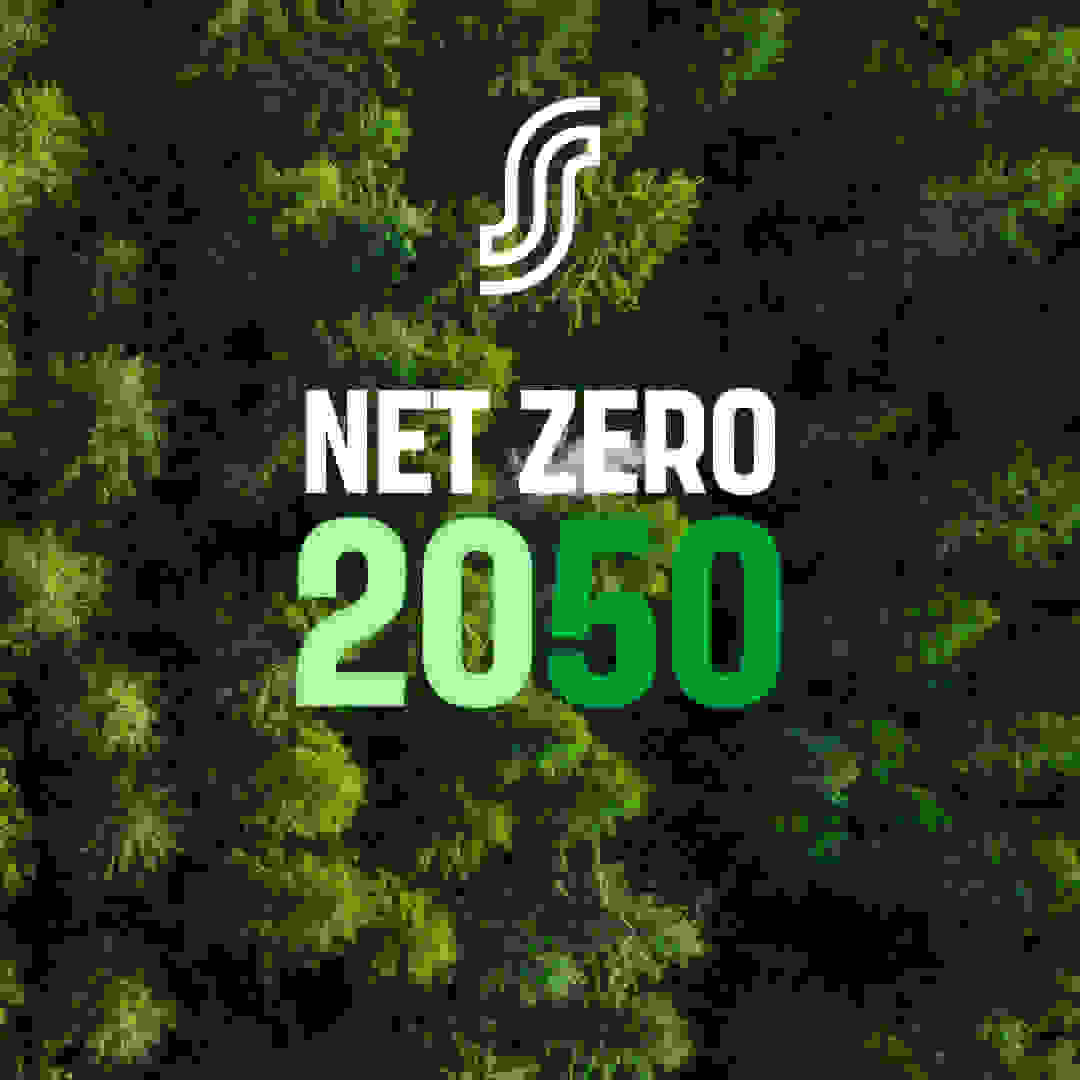Almost 99 per cent of S Group’s total climate impact is generated in the value chain. S Group’s value chain emissions cover, among other things, the entire life cycle of the products sold by the retail group, which includes not only manufacturing but also sourcing, transport and final use of products. The highest emissions come from food and fuel sales, and these are also the most impressive value chain targets.
S Group’s current sustainability programme’s goal of increasing plant-based production supports climate goals: the retail group is aiming for 65 per cent of the food it sells to be plant-based by 2030. Electrification of transport and increasing the share of renewable fuels will in turn reduce emissions from transport and from the fuels sold by S Group. New emission reduction targets are set through a science-based assessment process (the Science Based Targets initiative, SBTi), and the most effective measures are always determined on the basis of each company’s business operations.
"We take responsibility for climate action in line with our size, and set the most rigorous level of climate goal. Our goal is to work with our partners to find new and effective ways to reduce emissions throughout the value chain. We have already achieved a lot of good things together, but this work must continue without any compromises,” says CEO Hannu Krook.
“We can’t yet know what it will take to achieve our goal, but we are on the path of change. Climate efforts require finding new ways, better data from our partners, more effective collaboration, and encouraging and helping our customers to make climate-smart choices,” says S Group’s Senior Vice President of Sustainability, Nina Elomaa.
The valuable climate-related work done by our partners is reflected in the group’s emissions calculations. From now on, the retail group will require all suppliers of products with a combined value of more than €10 million in the grocery sector to set science-based climate targets for their own operations. So far, this target has applied to two-thirds of S Group’s largest suppliers. S Group has supported its suppliers’ climate-related efforts through the Big Deal programme, which aims to reduce emissions by one million tonnes by 2030. A full 70 per cent of the target has been reached so far.
Tackling emissions from your own operations five years ahead of schedule
S Group will continue to implement its previously announced climate targets. S Group aims to reduce emissions from its own operations by 90 per cent by 2030 to the 2015 level. The target is estimated to be reached five years earlier than expected. Currently, emissions from own the group’s own operations have already been reduced by more than 80 per cent from 2015 levels.
Achieving this goal has taken a lot of hard work. In almost 600 S Group stores, refrigeration equipment has been replaced with more environmentally friendly equipment using natural refrigerants. Energy efficiency has been improved by such means as improving and refurbishing ventilation and heating systems and using LED lights. S Group has invested in renewable energy, and is one of the country’s largest producers of wind and solar power. These are some of the factors behind the emissions reductions.
S Group’s long-term climate-related efforts have contributed to the reduction of the share of emissions from its own operations in total emissions.
Further information:Nina Elomaa, Senior Vice President, Sustainability, S Group, nina.elomaa(at)sok.fi, tel. +358 10 768 0803
The Net Zero target refers to the reduction of emissions from a company’s own operations and the value chain (scopes 1, 2 and 3) to net zero, or to a level that corresponds to the emission targets of the 1.5-degree scenario. Emissions reduction targets and the most effective measures are based on the company’s business operations. A company is only considered to have achieved its Net Zero goal when it has reached its long-term science-based target and neutralised any remaining emissions. In addition to the long-term goals, the company must define effective short-term goals.
